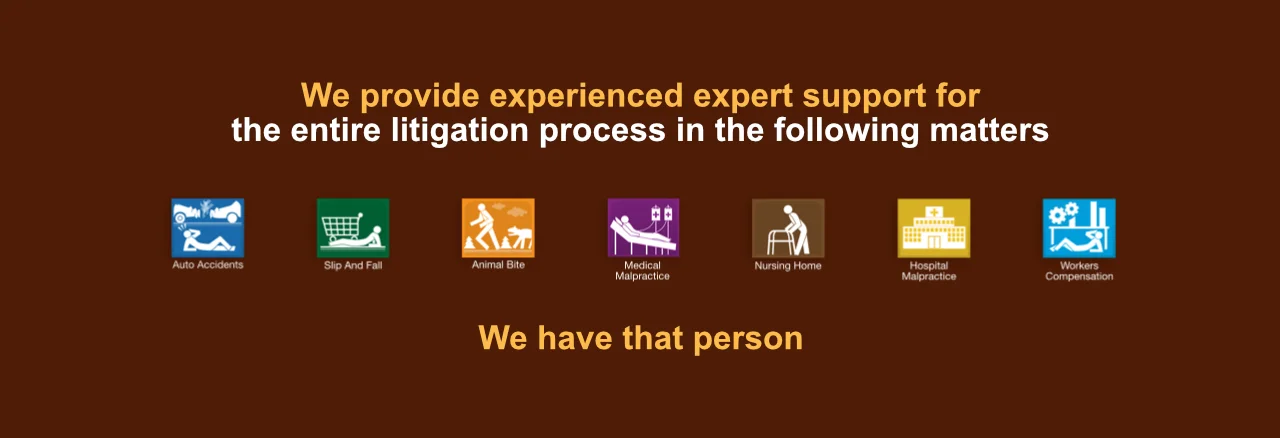I would be remiss if after doing a series on Bio-Pharma (medical drugs and devices) if I didn’t write a short article on deception in this sector. Deception in the drug sector is arguably much more serious than everyday deception because it not only effects the public’s financial status it also effects its health.
Much of what I have written has been directed at how one would generally employ (or start to arrive at) a formula to evaluate drug stocks for stock market investment(s). I explained how risky, expensive and time consuming the new drug approval process was and why a micro-cap stock might be the best place to gamble on a blockbuster over a small, medium or large-cap and over not listed on exchanges, pink sheet “penny” stocks.
The one common thread with the class of drugs I’ve discussed is that they are legitimately being formulated and researched to honestly treat a known Human condition of ill being. These drugs, once approved, have gone through and passed a rigorous FDA and medical peer review process which, in itself, really does help provide for a useful and safe medication or investment.
Cult drugs, on the other hand, are dangerous to trust for medical or financial purposes and their days may be numbered to an extent given the recent statements by the U.S. FDA. Cult drugs are essentially those supplements sold at stores where fantastic medical claims are made about the drug without the drug having gone through the FDA process for prescription drugs. These are drugs that are marketed to have powers to cure disease which they have never been shown to truly have through proper peer review and FDA testing. A number of these drugs are simply repackaged old over the counter (OTC) drugs with a new label on it claiming it has other great powers. Others have names which tend to sound like the names of real drugs (I don’t want to list any here so as not to help publicize them).
This is a huge market but according to recent FDA statements the claims for the drugs are not documented properly and therefore not true as such. The FDA has primary authority with respect to drug branding. In essence then, the FDA is planning to crack down on these practices and is firing a shot across that industry’s bow. It is hoped that the FDA will aggressively pursue those companies which make false claims through misbranding. Realistically however, the FDA has a big job on its hands considering the number of cult drugs out there, i.e. misbranded drugs lacking proper proof of their claims and so it is important for the public to always take care of itself.
The take away is that it makes no sense to trust non-FDA approved drugs for health purposes anymore than it does for financial investment. Investing in the Bio-Pharma sector is already a gamble enough without adding on further risk. I might also say, based on my medical malpractice articles, blindly trusting these drugs for health is also very risky. Remember that any drug for which a prescription must be written by a physician to a pharmacist has been properly approved. Long standing and ubiquitous drugs such as Aspirin and Tylenol and many others have shown themselves to be legitimate over time even though no prescription is required. At the least, one can always check with a physician before taking anything as all drugs do have the capacity to be harmful.


